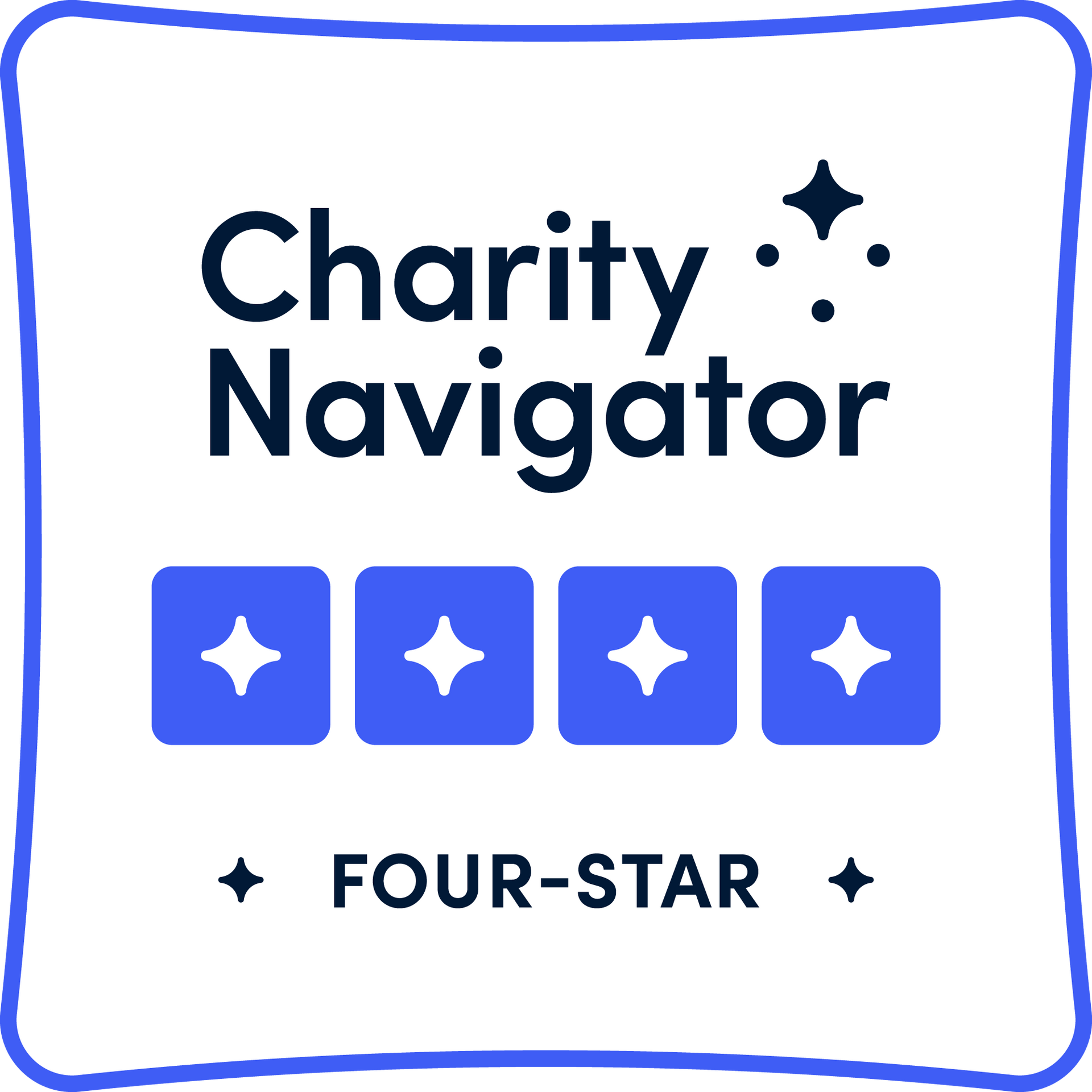Box Tree Moth Demystified
Are you seeking to fortify your expertise in identifying and managing Boxwood Tree Moth (BTM)? Watch the recording for an in-depth webinar focused on the nuances of BTM identification, lookalikes, controls, trapping, and scouting.
Understanding Box Tree Moth
Delve into the essential aspects of identifying BTM, covering its life stages, signs, symptoms, and life cycle dynamics. Gain invaluable insights into the impact of multiple generations, ensuring you're equipped to tackle BTM infestations effectively.
Is It BTM...or Something Else?
This session will equip you with the expertise to effectively separate BTM from pests like boxwood leafminer, diseases such as Volutella blight/canker, and physiological issues like winter injury. Learn how to compare and contrast these problems to enhance your ability to detect and manage BTM infestations efficiently.
Proposed BTM Control Tactics
This presentation covers research on testing insecticides to control BTM in both lab and field settings. Attendees will discover effective chemical tactics for reducing BTM infestations, along with the conditions for optimal application. It also includes updates on an area-wide mating disruption project using sex pheromones and Bt applications to manage BTM in urban/suburban areas, including field observations and population dynamics.
BTM Trapping and Scouting Techniques
Detecting BTM through adult trapping and field scouting is crucial for containment. This presentation will discuss the use of sex pheromone traps and adult phenology. It will also share field scouting observations, including where to find egg masses and immature phenology, along with the methodology for BTM field scouting.
Share This Post




